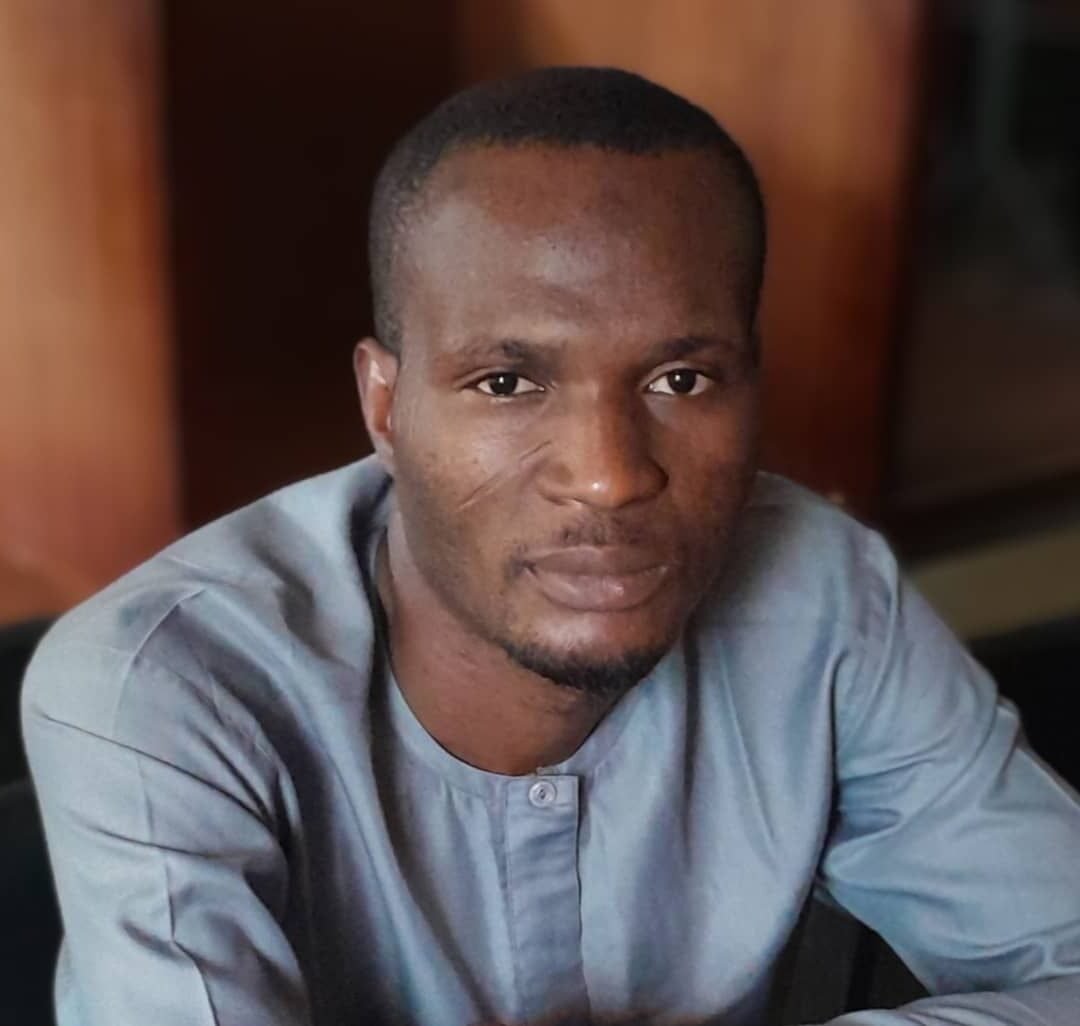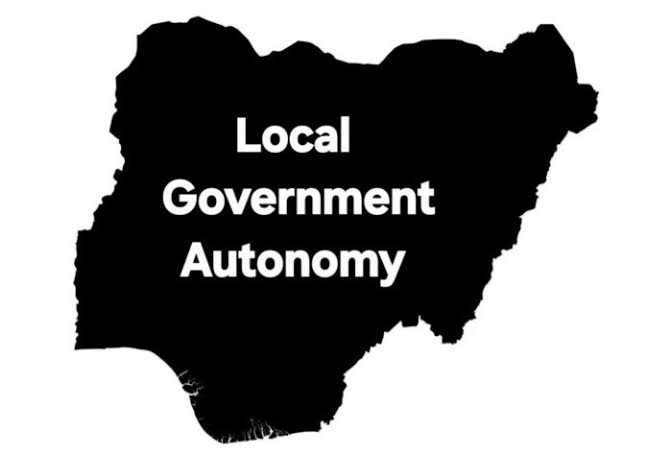For decades, Nigerian governors have tapped into local government funds through the state-local “joint account” system, diverting federal allocations into state-led projects, and, in some cases, their own pockets. But in 2024, a seven-member Supreme Court panel declared the practice unconstitutional and ordered that local governments receive their funds directly from the Federation Account.
Yet, more than a year later, almost all the 774 local councils are still waiting.
A report found that over the past 16 years, governors diverted ₦23.14 trillion (about $15 billion) meant for grassroots administration. The impact is in deep poverty and underdevelopment in rural areas.
For instance, in Tonawo, a community under the Owode local government area of Ogun state, residents travel for hours for basic medical care, according to a HumAngle report. Pregnant women die from a lack of maternal services, and children drink unsafe water. In Kiribiri, a community under the Jere local government area of Borno State, residents live without paved roads.
The Nigeria Economic Summit Group says direct funding could enable councils to provide infrastructure and services that most affect rural life, such as clinics, markets, schools, and roads.
The Political Roadblock
Meanwhile, when the Supreme Court pronounced the ruling, some governors openly resisted. Oyo state’s Seyi Makinde called it a “distraction.” Others have quietly lobbied to delay implementation, according to reports.
Meanwhile, the Central Bank of Nigeria (CBN) introduced new requirements, asking local council chairmen to submit two years of audited accounts and undergo an “account profiling” process before receiving funds directly. ALGON, the national association of local governments, calls the move an unnecessary obstacle, arguing that the CBN’s requirements are not mentioned in the court’s decision.
When council chairs failed to meet the CBN’s deadlines earlier this year, ₦361.75 billion in January allocations were once again sent to state accounts, in direct disobedience to the Supreme Court ruling.
The Human Cost of Delay
Idayat Hassan, director of the Centre for Democracy and Development, warns that without reform, governance at the grassroots will continue to collapse.
“Since Nigeria’s return to democracy in 1999, there has been a decline in the delivery of social services at the local government level due to overwhelming corruption, weak institutions and oversight,” she says. “Health services are inadequate, potable water is scarce, primary education is in a comatose state, teachers are protesting against not being paid, and public infrastructure is poorly maintained.”
The dysfunction has deepened poverty. More than half of Nigerians live in rural areas, and most depend on local governments for public services. Former budget minister Clement Agba argues that the diversion of funds fuels misplaced priorities, such as governors borrowing to build unnecessary airports or competing to erect flyovers while basic rural needs go unmet.
“One of the pivotal advantages of financial autonomy for LGAs is the enhancement of their capacity to plan and execute development projects tailored to the unique necessities of their respective communities,” said Abdul-Azeez Suleiman, a Director of Publicity and Advocacy of Northern Elders Forum.














